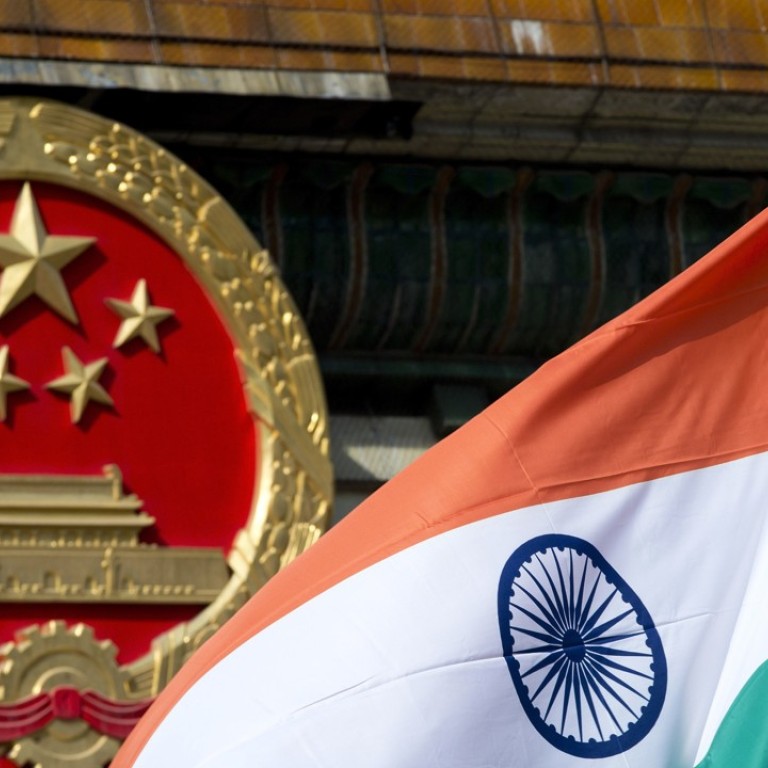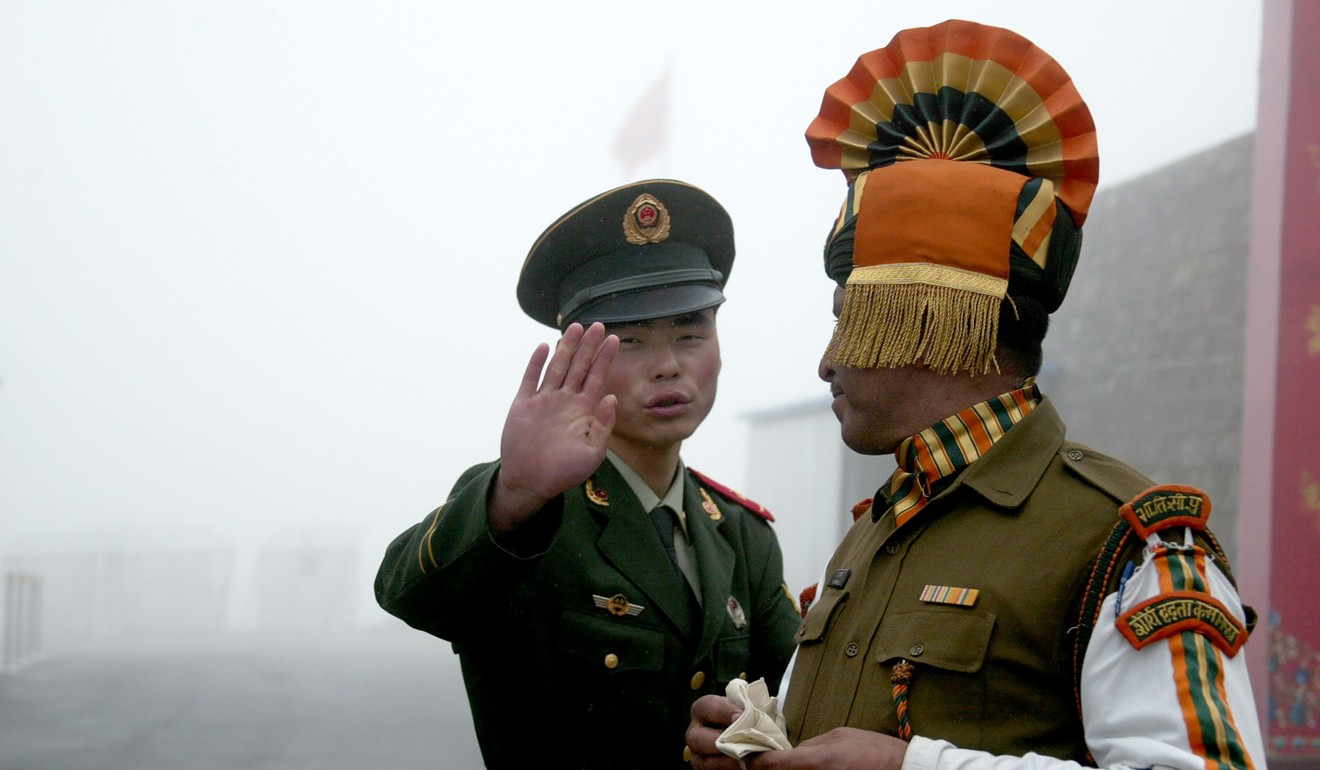
Indian drone crashes after entering Chinese airspace
Latest incident between the two Asian giants comes ahead of Chinese Foreign Minister Wang Yi’s trip to New Delhi next week
Beijing accused India of infringing on its territorial sovereignty after an Indian drone “invaded” Chinese airspace before crashing, triggering fresh tensions between the two nations ahead of Chinese Foreign Minister Wang Yi’s trip to New Delhi.
India said the incident was caused by a “technical problem”, but Beijing said it was “dissatisfied with” and opposed India’s drone activities.
No details were given about when the incident happened, with Beijing only saying it occurred “recently” at the border separating India’s northeastern Sikkim state and China’s Tibet region.
The Indian army said the drone was on a regular training mission inside the “Indian territory” but had lost contact with ground control due to a technical problem and crossed over the line of control in Sikkim.
The Indian army said it immediately alerted its Chinese counterparts to find the drone.
“The exact cause of the incident is under investigation. The matter is being dealt with in accordance with the established protocols through institutional mechanisms to deal with situations along the India-China border,” the army said in a statement.
But Beijing reacted strongly to the incident, with foreign ministry spokesman Geng Shuang calling on India to “stop the [drone] activities” near the border.
“The action of the Indian side violated China’s territory and is not conducive to peace and tranquillity in the border area,” Geng said in a daily press briefing. “China is dissatisfied with this and has lodged solemn representations with the Indian side.”

Zhang Shuili, deputy head of the Chinese military’s Western Theatre Command combat bureau, was quoted by state-run Xinhua as saying that India had infringed on China’s territorial sovereignty.
“We strongly express our opposition,” Zhang said. “China’s border forces acted professionally and responsibly.”
Beijing-based military commentator Zhou Chenming said the altitude of that region of the Himalayas was over 4,000 metres, which was close to the Indian drone’s flight ceiling.
“Flying near its limit increased the chance of mechanical or electronic failure. Added to that, the area sees extremely low temperatures, strong winds and heavy snow at this time of year,” he said. “It’s not surprising the drone crashed.”
Drone flyovers by both sides on the border were normal, Zhou said, adding that China and India tended to show restraint unless something especially provocative happened.
The incident comes three months after China and India ended a tense 72-day military stand-off on the disputed Doklam plateau, on the border between the state of Sikkim in India, Bhutan’s Haa Valley and Tibet’s Chumbi Valley.
Chinese defence ministry spokesman Wu Qian said last week that Doklam was China’s territory and that the Chinese military had the right to deploy troops there.
Growing Chinese activity in the Indian Ocean has pushed New Delhi to buy more drones from the United States. US President Donald Trump authorised the sale of two dozen drones to India in June, at an estimated cost of US$3 billion.
China has also significantly expanded its use of drones in the Himalayas since the start of this decade.
Foreign minister Wang will visit New Delhi next week to attend the Russia-India-China foreign ministers’ trilateral meeting and hold talks with top Indian officials.
Sun Shihai, an international relations expert at the China Academy of Social Sciences, said the incident, and the use of drones for surveillance, could come up during the talks.
“The border issue has become very sensitive since the stand-off so they might try to find some new consensus on how to keep the peace,” Sun said.
Wang Dehua, director of the Centre for South Asia Studies at the Shanghai Academy of Social Sciences, said the incident could be used in the talks as a bargaining chip by the Indian side.
But Rajeev Ranjan Chaturvedy, a research associate at the Institute of South Asian Studies, National University of Singapore, said it was “just a minor incident due to technical failure and has been communicated in a timely manner to the Chinese authorities. Normal protocol should be followed”.


